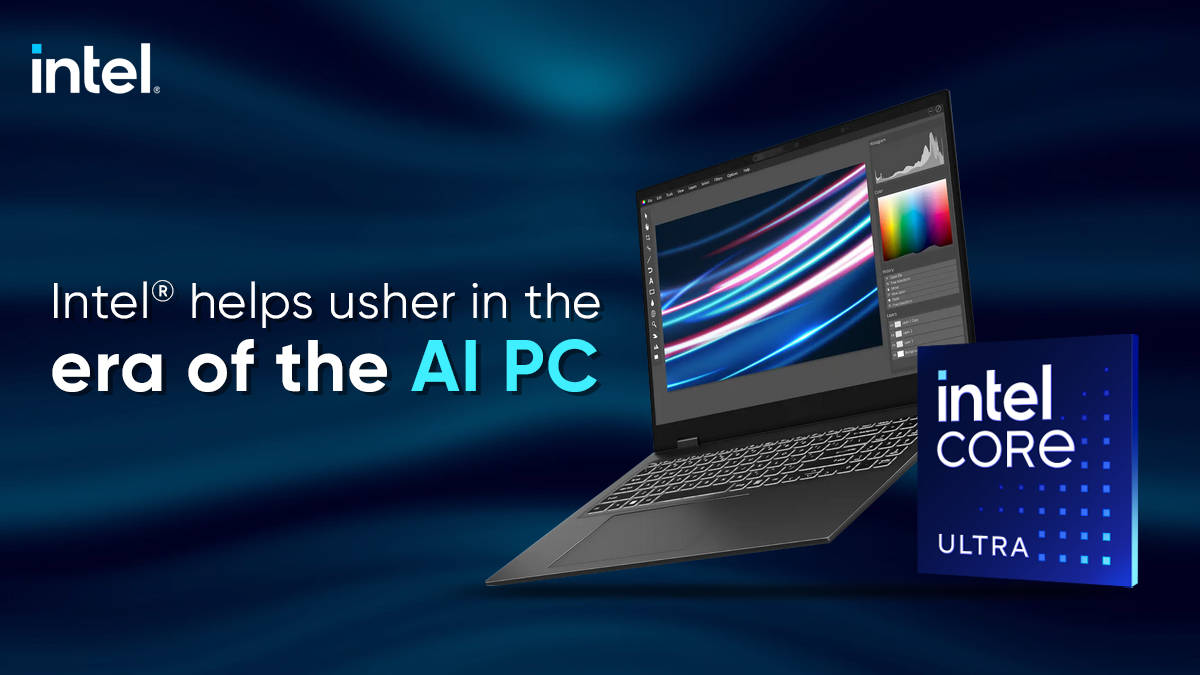The Rise of the AI PC: A New Era of Intelligent Computing
The personal computer (PC) has been a cornerstone of innovation for decades, but a new wave of technology is poised to change the landscape: the AI PC. These specialized machines prioritize efficient performance for artificial intelligence (AI) workloads, ushering in a future where intelligence blends seamlessly with everyday computing.
Beyond Gaming and Browsing: The Rise of AI Workloads
Traditional PCs excel at tasks like web browsing, document editing, and even high-performance gaming. However, the rise of AI applications like facial recognition, natural language processing, and edge computing demands a different kind of processing power.
The Brains of the Beast: Specialized Hardware for AI Tasks
AI PCs differ from traditional desktops in their focus on AI-specific hardware. Here's a breakdown of the key components:
- Processors: AI PCs might leverage processors with specialized cores designed to handle complex AI algorithms efficiently. Names like ARM Cortex X are rumored contenders, offering significant performance improvements for AI tasks.
- GPUs (Graphics Processing Units): While not the sole focus, powerful GPUs with architectures like NVIDIA's rumored Blackwell could play a role in accelerating specific AI processes.
- Memory: Cutting-edge memory like LPDDR6 might be integrated to ensure smooth data flow between the processor, GPU, and other components, crucial for real-time AI processing.
Beyond Hardware: Software Optimization Plays a Role
While hardware is essential, AI PCs require software optimization as well. Operating systems tailored for AI workflows and specialized software development kits (SDKs) are crucial for developers to create and run AI applications seamlessly on these machines.
Who Needs an AI PC? A Glimpse at the Target Audience
The initial wave of AI PCs might cater to specific user groups:
- AI Developers and Researchers: These professionals would benefit from the optimized performance for building, training, and testing AI models.
- Machine Learning Specialists: AI PCs could be valuable tools for data analysis, model deployment, and real-time inference tasks within the machine learning workflow.
- Content Creators: AI-powered editing tools for photos, videos, and even music could potentially benefit from the processing muscle of AI PCs.
A Future Powered by Intelligence
The arrival of AI PCs represents a significant shift in the PC landscape. With specialized hardware, optimized software, and a focus on AI workflows, these machines hold the potential to:
- Democratize AI Development: By making AI processing more accessible, AI PCs could remove barriers for developers and researchers to create innovative AI applications.
- Revolutionize Edge Computing: AI PCs with efficient processing power could be ideal for on-device AI tasks, such as real-time object detection or voice recognition without relying on the cloud.
- Blur the Lines Between Human and Machine: As AI continues to evolve, AI PCs could become the bridge between traditional computing and a future where intelligent assistants seamlessly integrate into our daily workflows.
A Wait and See Approach: The AI PC Revolution Takes Flight
While the concept is exciting, AI PCs are still a nascent technology. The first commercial models are expected to launch around 2025, and their precise capabilities and impact remain to be seen.
The future of computing is poised to become more intelligent. As AI PCs evolve, they have the potential to not only redefine personal computing but also usher in a new era of human-machine collaboration.

Post a Comment